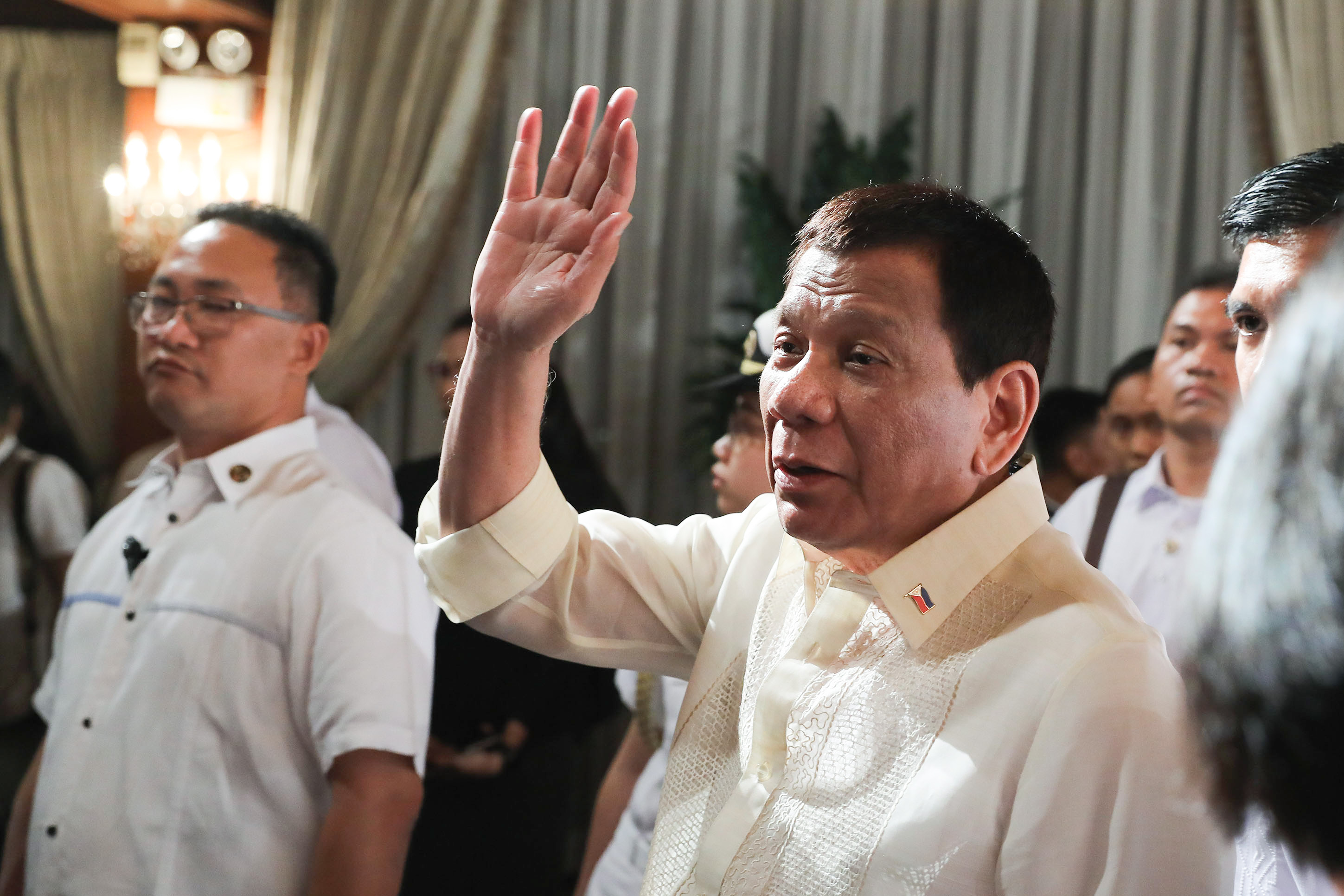
MANILA, Philippines – President Rodrigo Duterte’s move to withdraw from the International Criminal Court in the face of criticism over his violent anti-illegal drug campaign shows "desperation" to evade any trace of accountability.
This is what human rights group Human Rights Watch (HRW) said on Monday, March 19, as its associate director Param-Preet Singh declared that Duterte’s withdrawal is not “a show of strength.”
“His bald-faced effort to protect himself from the court’s reach looks more like an act of desperation for a man who appears deeply implicated in alleged crimes against humanity,” she said in a dispatch.
The country’s withdrawal from the ICC took effect on Sunday, March 17 – a year after the government sent its official notice to the United Nations (UN). (READ: Duterte throws out decade-long fight for the International Criminal Court)
Duterte’s move came after the ICC’s Office of the Prosecutor started its "preliminary examination" to determine whether there is sufficient evidence to establish that the case against the President falls within its jurisdiction.
But the President has repeatedly claimed that the ICC never had jurisdiction over the Philippines since the Rome Statute – the court’s founding document – was supposedly never published in the Official Gazette.
Human rights groups condemned the withdrawal as it "exposes Filipinos to possible atrocious crimes without resort to justice and accountability.”
ICC can still try Duterte
The non-membership of the Philippines will not block a possible investigation by the ICC. Article 127 of the Rome Statute explicitly states that criminal investigations and proceedings that have been started – before the withdrawal took effect – will still continue.
“Even though the Philippines is no longer a party to the court’s Rome Statute, the ICC can still try crimes committed while the Philippines was a member – from November 1, 2011 until March 16, 2019,” Singh said.
She also called on the UN Human Rights Council to start an investigation into the killings as it “could shine the spotlight on Duterte’s efforts to block accountability, and raise the pressure on him and his government to change course.”
Presidential Spokesperson Salvador Panelo on Monday said the Bureau of Immigration will likely deny entry to ICC investigators if they go to the Philippines to gather evidence and testimony. Duterte also previously threatened to arrest ICC chief prosecutor Fatou Bensouda if she sets foot in the country.
But Bensouda, on Tuesday morning, March 19, said that it will still continue its examination into the killings despite the country’s withdrawal.
“The court retains jurisdiction over crimes committed during the time in which the State was party to the Statute and may exercise this jurisdiction even after the withdrawal becomes effective,” she said in a statement. – Rappler.com







